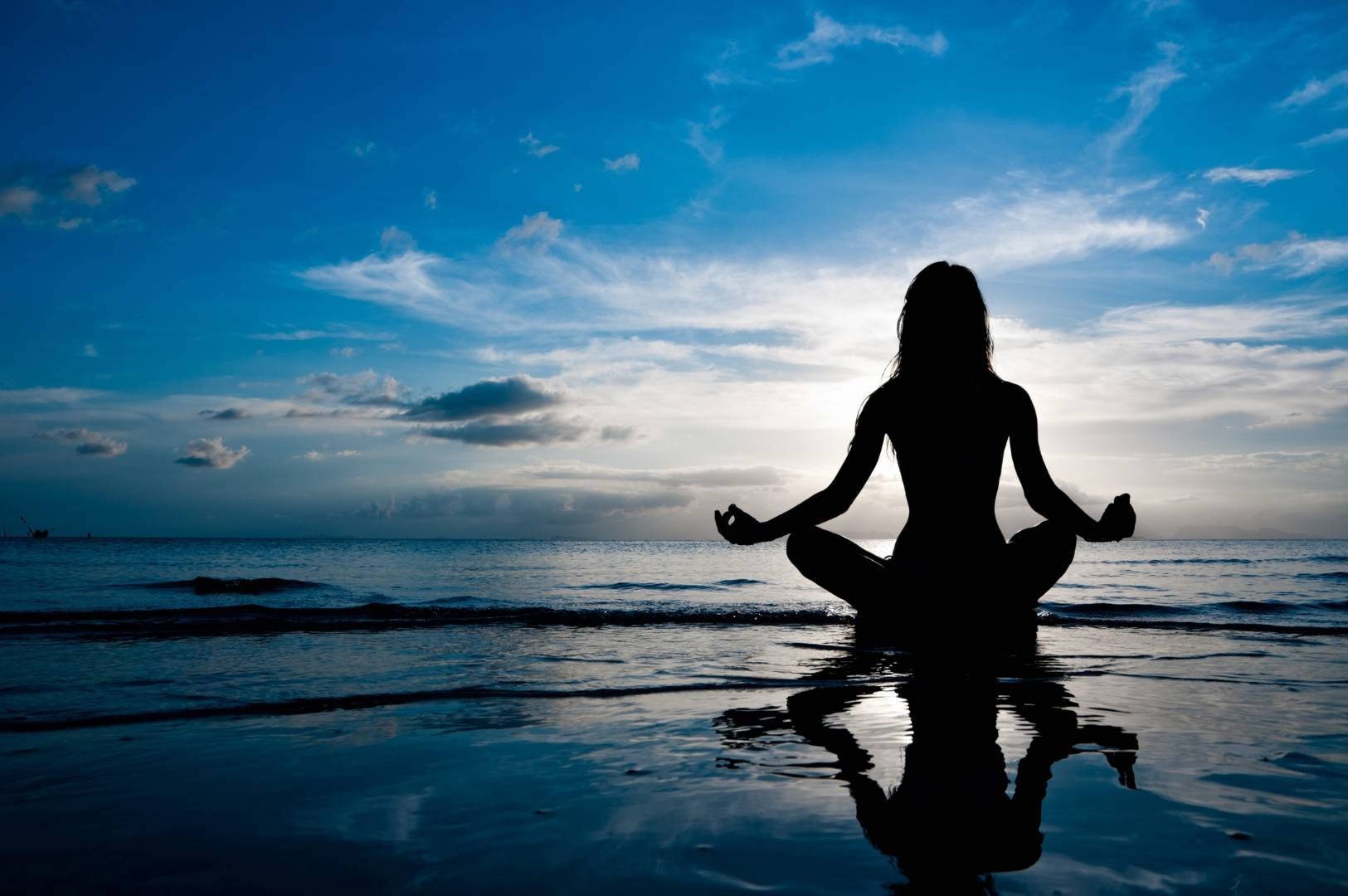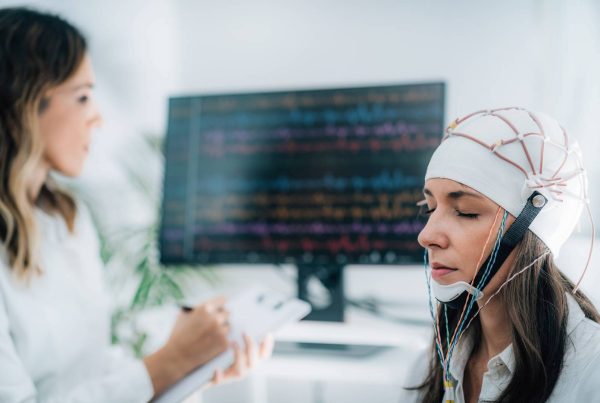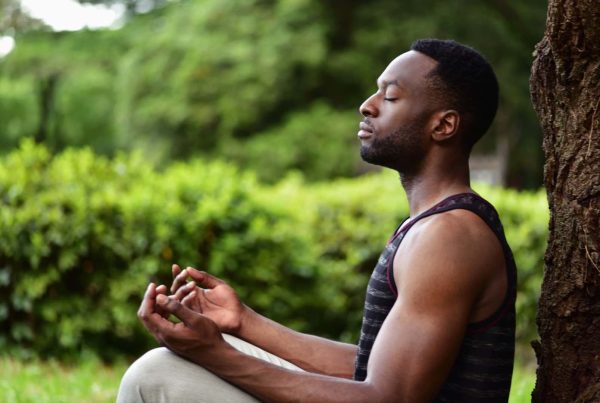Mindfulness is finding its way more and more into modern day society. It’s a beneficial practice to help people deal with the stresses of everyday life. One which is gaining in popularity, but why?
In this article I’m going to enlighten you from the perspective of someone who practises it. I’ll explain what the practice is, how it can benefit you, and explain the science behind it.
What is Mindfulness?
If I had to sum up mindfulness in one sentence, it would be “the practice of paying attention to the present moment“. Instead of being stuck in the past, or trying to predict the future. It’s learning to be aware of what’s happening in the here and now, without judgement. Both externally and internally. Doing so has huge benefits for your mental well-being and self-development.
Why Should You Practice Mindfulness?
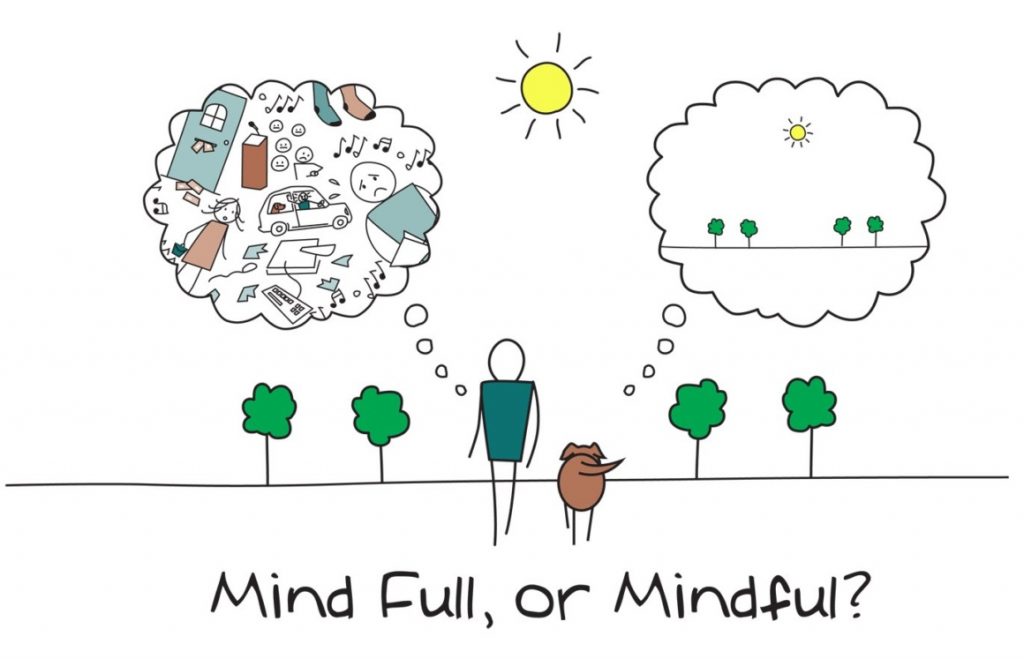
I’m sure you are familiar with the word mindful, which means to be conscious and aware of something. We can be aware of our own senses, thoughts, emotions, and feelings happening within our body. But most people live life on autopilot, caught up in the stories playing out in their head.
There are so many moments people find themselves consumed by thought day dreaming. Oblivious of what’s going on around them. Can you think of a time this happened to you?
Perhaps you were driving to work, sitting on a bench, or taking your morning shower. But all of a sudden you realise for the past five minutes you were somewhere else entirely. You weren’t present.
You may have been dwelling in the past, ruminating about how things could have been different. Or maybe you were lost in the future. Full of anxiety, predicating how badly the coming week will go.
Sound familiar?
“If you are depressed, you are living in the past.
― Lao Tzu
If you are anxious, you are living in the future.
If you are at peace, you are living in the present.”
Don’t underestimate your thoughts, they are powerful. They can trigger your threat system. Causing your body to release stress hormones like cortisol. Making you feel tense and alert.
Typically, this would help you in a fight-or-flight situation. However, the problem is that your thoughts alone can trigger this system when it’s not needed. The more you let your thoughts run wild, the more this form of thinking becomes habitual. And we all know how difficult it can be to break bad habits.

We can also be fully taken over by emotion. Have you ever acted irrational due to anger? Perhaps you said or did something that you later regretted. Or can you recall a time you were so consumed by sadness that you wrote your whole day off?
Why did that happen? Because in that moment you were unconscious of your emotion. You were unaware of it, which led it to take control of you.
Don’t feel bad though, this happens to everybody. It’s part of the human condition. Plus, modern day life is stressful. There are so many things to worry about, focus on, plan for, maintain, and manage on a daily basis.
It’s no wonder our thoughts and emotions overwhelm us at times, but this is why mindfulness is so liberating.
How Can Mindfulness Benefit You?

Mindfulness can reduce your stress, anxiety, and depression. Increase your attention span. Help insomnia, calm your nervous system, and enhance your overall performance.
By developing awareness and learning to be more present, you can catch those pesky thoughts. The self-destructive, self-critical, negative, and catastrophising ones. By learning to observe them, you can create distance and break your habitual thinking.
As Mindfulness also enables you to notice difficult emotions and feelings arising, you become more in tune within. Preventing them from taking over.
Finally, mindfulness can also help people with low confidence and self-esteem. As it teaches you to cultivating compassion towards yourself. Developing warmth and kindness for others is another aspect of the practice. Helping you to be more understanding and empathetic towards others. This is actually beneficial for your own health!
How Can You Practice Mindfulness?
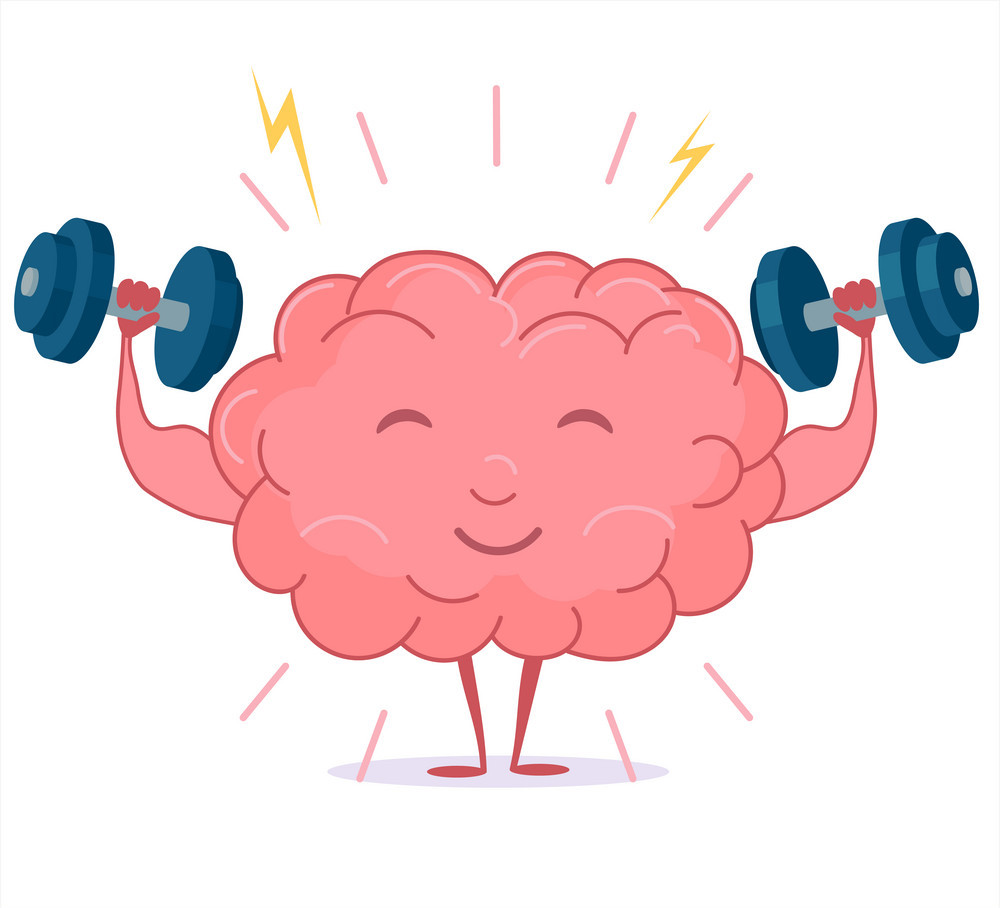
There are many ways to practice mindfulness. Meditation is one, but let’s first talk about the little things you can do throughout our day.
You can bring present awareness into everything you do in life. This can include tasks like eating, drinking, walking, doing chores, driving, and so on. You achieve this by paying attention to your feelings, emotions, sensations, and senses.
The benefit of bringing what may seem like mundane tasks into awareness, is to be present. Rather than stuck in your head ruminating, complaining, predicting, or catastrophising.
And it may surprise you what can happen. You can find peace in those little everyday moments. What was once a stressful commute to work, now becomes more acceptable. You may even learn to relax and feel at ease. I know that may seem hard to believe.
“Always say ‘yes’ to the present moment… Surrender to what is. Say ‘yes’ to life — and see how life suddenly starts working for you rather than against you.”
— Eckhart Tolle
Every single moment in your busy lives becomes an opportunity to be present to. You can make the choice. Be stuck in thought loops, or be present and aware.
Meditation
Mindfulness during daily life is invaluable. But how can you develop this new way of being even further? This is where meditation comes in.
Mindfulness meditation is like going to the gym but for your brain. I know, I know… I’m sure many of you are thinking “I hate the gym”. I’m reluctant to make that comparison but it’s the best way to explain it.
By sitting down and meditating, you can strengthen your awareness. Let’s use a diagram as an example.

The thin line represents your awareness. We all have it. But it’s often sitting quietly in the background somewhere. Whilst our thoughts, feelings, and emotions are overwhelming us.
The wavy line resembles the ups and downs of life, the highs, the lows. It’s ever changing. With a low level of awareness, it’s much harder for anyone to manage the roller-coaster of life.

By practicing mindfulness, you can develop and strengthen your awareness. So, rather being stuck on the ride feeling out of control, you become empowered to take that control back.
By becoming conscious of what’s going on in the present, you can choose how to respond. That way, you are at peace and content whilst riding the rollercoaster of life.
There are many forms of mindfulness meditation with different purposes. Some help you to relax. Others focus on the breath or awareness of the body. And meta meditation teaches you to cultivate compassion towards yourself and others.
A common misconception is that the aim of meditation is to clear your mind. Not only is that unrealistic, it’s impossible to remove your thoughts entirely. They are always there and always will be.
But it is possible to observe your thoughts pass by without getting entangled in them. This is what the practice is all about.
Does Mindfulness Really Work?
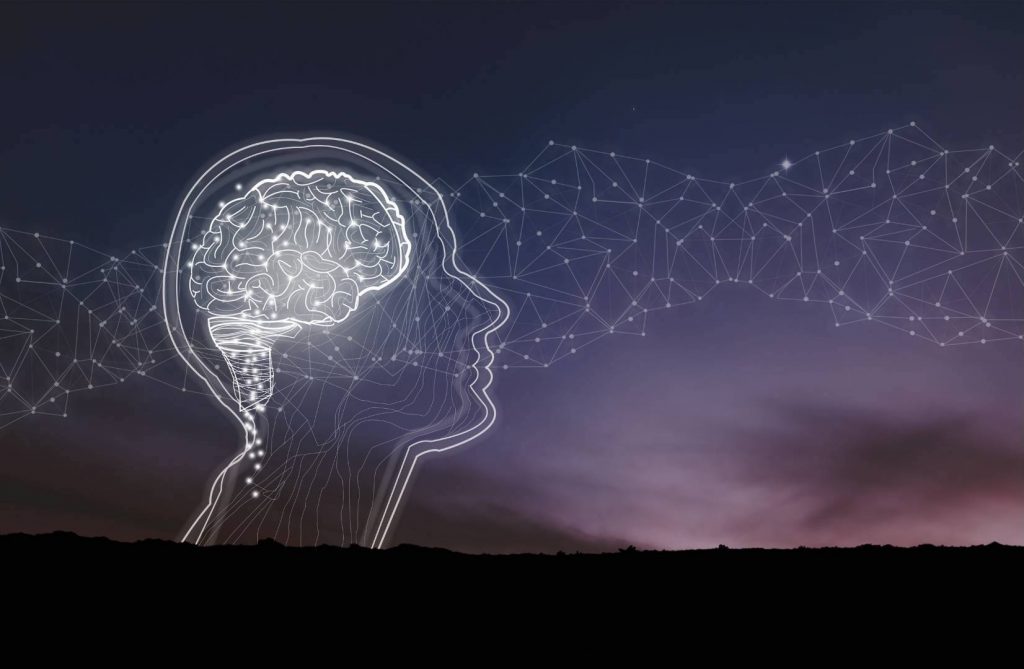
Not only does it work, it’s backed by neuroscience. There have been many studies that prove mindfulness changes the brain.
One study saw significant developments take place in areas of the brain. In particular, the parts responsible for learning, memory, self-awareness, introspection, and compassion.
Additionally, the region of the brain responsible for stress and anxiety decreased. This was evident from the participants feedback and the MRI scans.
You can find a short TED Talk below from Sra Lazar talking about this exact study. Who admits that she was first sceptical that meditation could do cause such changes.
I can also attest to the benefits of mindfulness. It helps me to look after my own mental health, and contributes to my own self-development.
Health services such as the NHS, therapists and psychologists also use the practice. Schools have also introduced mindfulness to help children look after themselves. Teaching them to be more aware of their body and mind.
Mindfulness is a Tool
I hope that this article cleared up all your questions about mindfulness. You should have a clearer understanding of what it is, the benefits, and how to do the practice.
At the end of the day, mindfulness is a tool that you can use whenever and wherever you are in life.
Not only will it improve your mental well-being, but it can help you to enjoy life more. You’ll learn to be kinder towards yourself and others. And it can teach you to stop resisting life problems that are out of your control. Brining you more peace of mind.
It’s all very well me telling you all this information, but why not try it for yourself? It’s not difficult to get started with the large amount of resources available online.
See if it works for you, don’t take my word for it. We’ve all been mindful at some point in our lives. But through regular practice you can make it a more consistent state of being.
It might feel awkward, difficult, or challenging to start with, but what’s the alternative way of being? You’re here because you want to create positive change. So, choose a mindful way to be.
Thank you for taking the time to read my blog post. If you have any questions or comments, I’d love to hear them down below.
Take care of yourselves,
Chris from Mindful Way to Be
